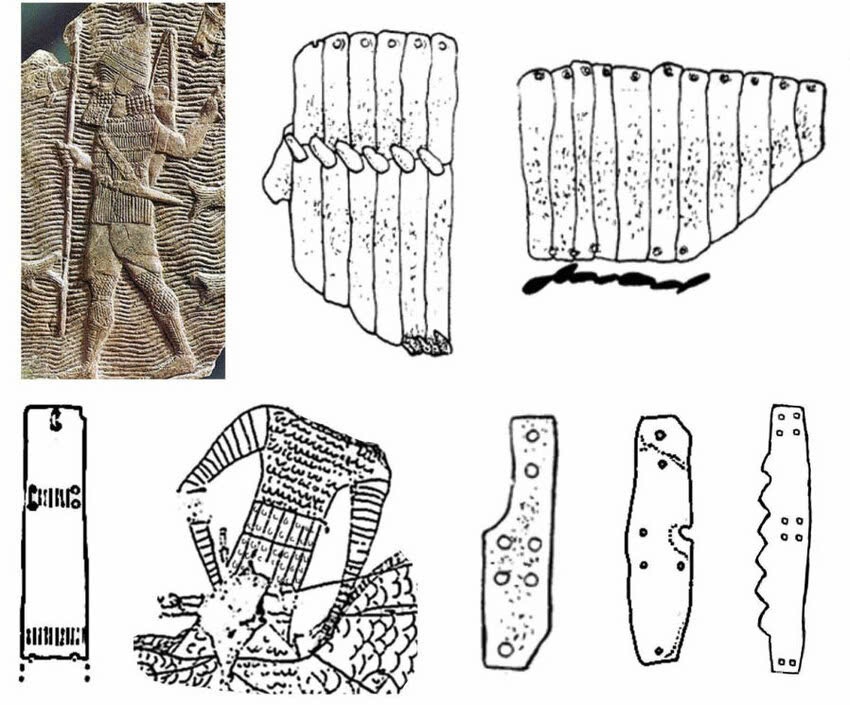In 2013, archaeologists uncovered an astonishing artifact in Northwest China—a 2,700-year-old leather scale armor found in the tomb of a horse rider near Turfan. This groundbreaking discovery has provided valuable insights into the dissemination of military technology throughout Eurasia during the first millennium BCE.
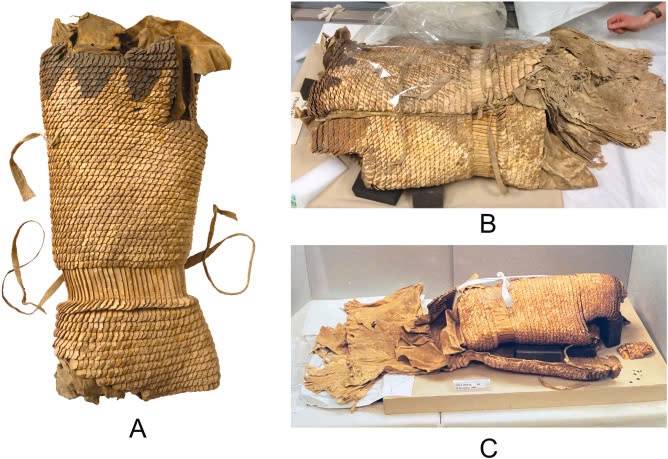
A Well-Preserved Artifact
Due to the region’s extremely dry climate, the armor remained remarkably intact over the centuries, offering researchers a rare chance to examine ancient military gear. The research team, led by Patrick Wertmann from the University of Zurich, employed radiocarbon dating to establish that the armor was made between 786 and 543 BCE.
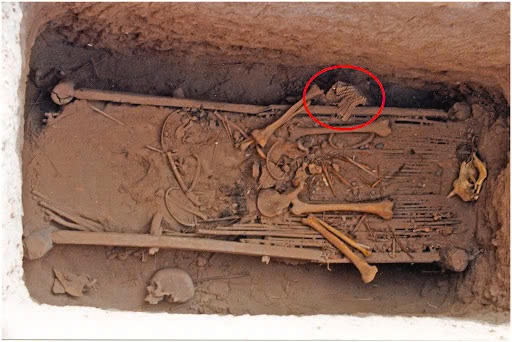
The Armor’s Design and Importance
An Advanced Piece of Gear
Resembling a waistcoat, the armor was crafted to safeguard the wearer’s vital organs while allowing for agility. It was composed of 5,444 small and 140 larger leather scales, meticulously sewn onto a leather backing with laces. Weighing between 4 and 5 kg, this armor was not only functional but also a symbol of status, typically reserved for elite warriors.
Practical and Adaptable
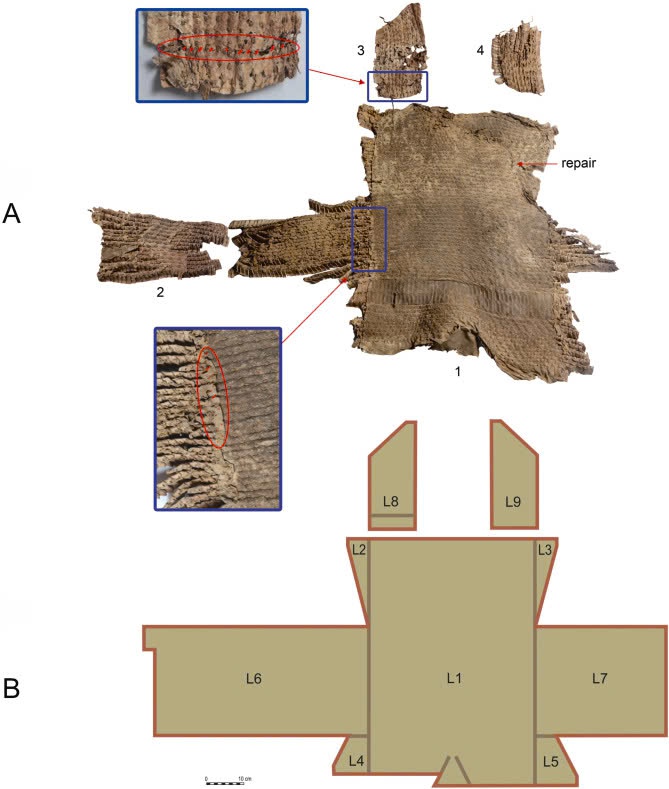
One of the most fascinating features of this armor is its user-friendly design. It could be donned independently and was suitable for various body shapes, making it a versatile piece of military gear.
The Assyrian Link
Middle Eastern Roots
The armor’s design closely resembles those from the Neo-Assyrian Empire, which included areas of modern-day Iraq, Iran, Syria, Turkey, and Egypt. This style emerged in response to the growing use of chariots in Middle Eastern warfare starting in the 9th century BCE.
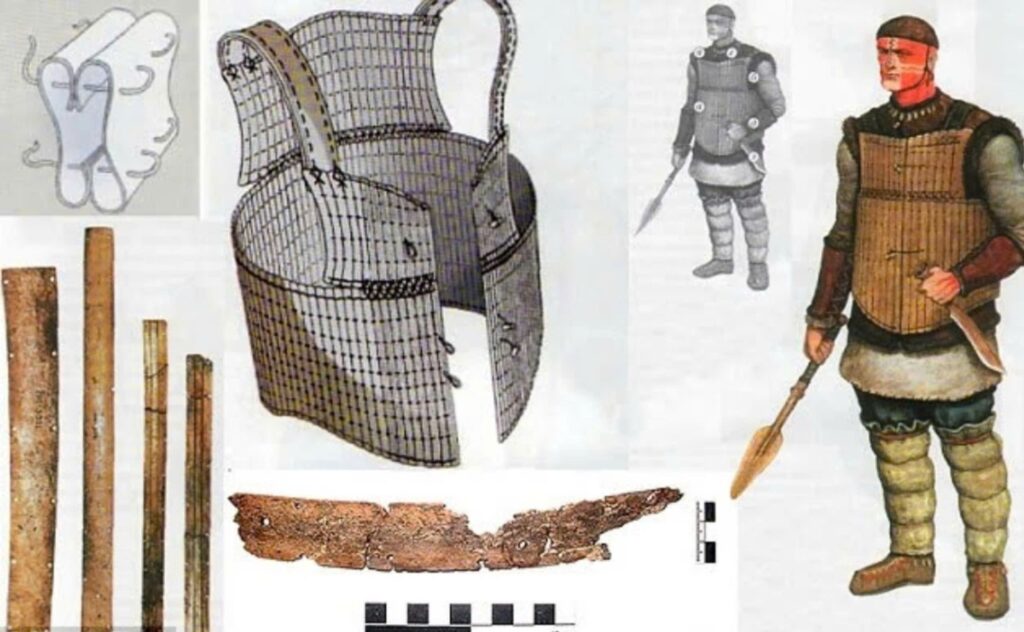
Evidence of Technological Transfer
Although the precise route that brought this armor from Assyria to Northwest China is still unknown, its discovery serves as concrete evidence of technological exchange across the Eurasian landmass during the early first millennium BCE. As Patrick Wertmann points out, “While we cannot trace the exact journey of the scale armor from Assyria to Northwest China, this find stands as one of the rare tangible proofs of West-East technology transfer across the Eurasian continent during this era.”
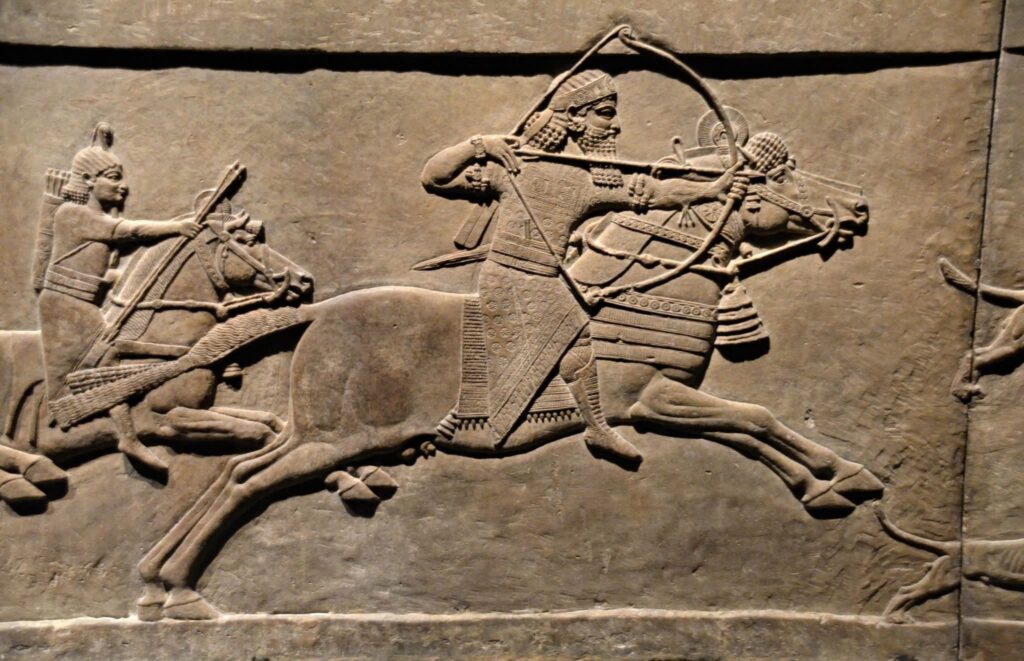
Implications for Future Exploration
This remarkable discovery paves the way for further investigation into ancient trade routes, military interactions, and cultural exchanges between far-flung civilizations. As scholars delve deeper into the study of this significant artifact, it may unveil even more about the intricate networks that linked the ancient world.
